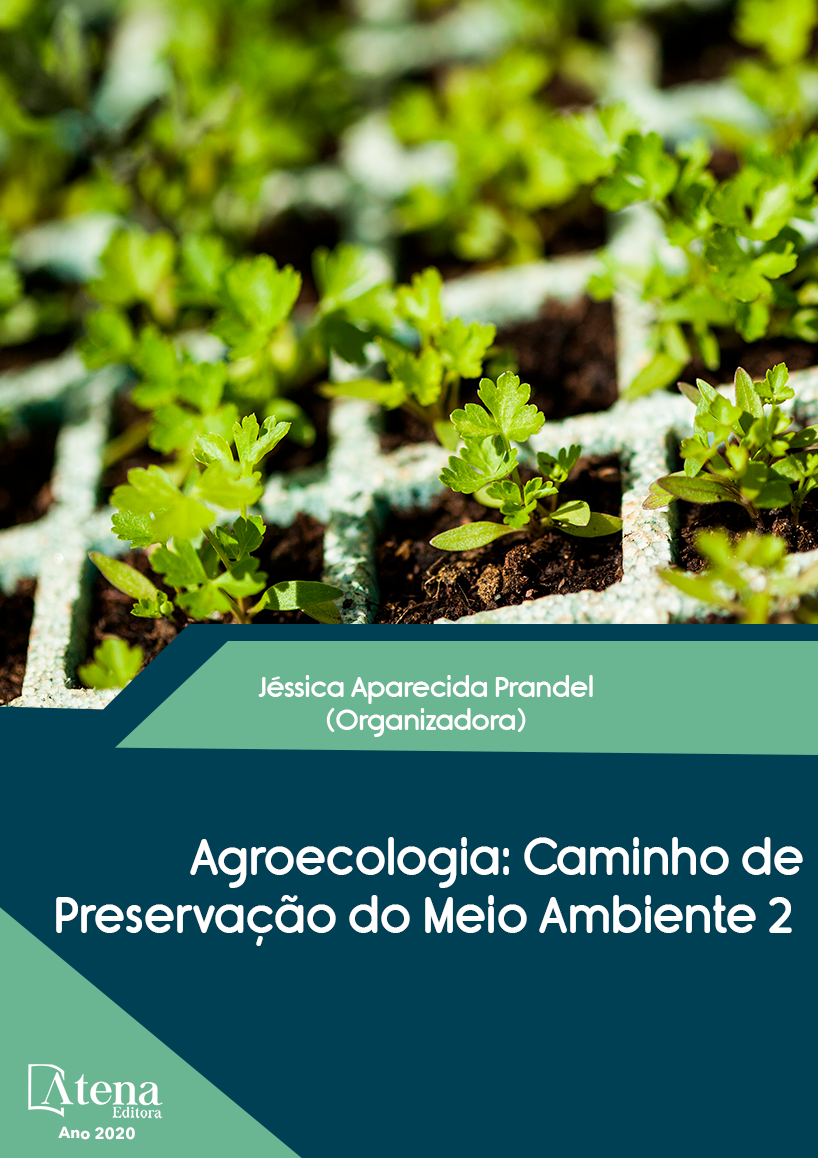
IMPLANTAÇÃO DE UM PROJETO AGROECOLÓGICO PARA PEQUENOS AGRICULTORES SEM TERRA
O presente estudo de caso relata o desenvolvimento de um projeto agroecológico aplicado à agricultores do Movimento dos Sem Terra (MST) brasileiro. O projeto teve por objetivo a agregação de valor a produtos agrícolas de um total de 8 assentamentos, como o Vereda I de Padre Bernardo/GO, com metodologias educativas. Em geral, foram realizadas atividades nas áreas de: viveiros, hortas orgânicas, cooperativismo, recursos hídricos e a edição de um livro. A metodologia utilizada foi por abordagem qualitativa, apoiando-se nas filosofias fenomenologia hermenêutica e dialético-materialista, sendo o método de procedimento a Pesquisa-Ação. Como resultado do projeto, os objetivos propostos foram cumpridos significativamente, tornando a produção agroecológica de alimentos da região disponível para o consumo e, consequentemente, gerando renda aos agricultores, contemplando, assim, os princípios da agroecologia e do desenvolvimento sustentável local.
IMPLANTAÇÃO DE UM PROJETO AGROECOLÓGICO PARA PEQUENOS AGRICULTORES SEM TERRA
-
DOI: 10.22533/at.ed.16220290412
-
Palavras-chave: Agroecologia; Agricultura Familiar; Sustentabilidade; Geração de renda; Inclusão social.
-
Keywords: Agroecology; Family Farming; Sustainability; Income generation; Social inclusion.
-
Abstract:
The present case study reports the development of an agroecological project applied to some Brazilian farmers of the Landless Movement (MST). The project aimed to add value to agricultural products of a total of 8 settlements, such as Vereda I of Padre Bernardo/GO, with educational methodologies. In general, activities were carried out in the areas of: nurseries, organic gardens, cooperativism, water resources and the editing of a book. The methodology used was by qualitative approach, based on hermeneutic and dialectical-materialistic phenomenology, and the method of procedure being Action Research. As a result of the project, the proposed objectives were achieved significantly, making the agroecological production of food in the region available for consumption and, consequently, generating income to farmers, thus contemplating the principles of agroecology and local sustainable development.
-
Número de páginas: 9
- Eliana Lutzgarda Collabina Ramirez Abrahão
- Glécia Virgolino da Silva Luz


